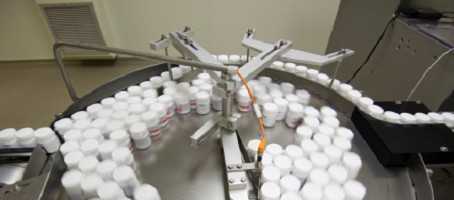A new study suggests inflammation – the body’s natural response to injury, pain, illness or stress – may play a role in the development of depression in people with type 2 diabetes.
The research, published online in the journal Diabetes Care, found that people with both type 2 diabetes and depressive symptoms have higher inflammation in their blood compared to individuals with just diabetes.
“We asked, why is depression so bad for diabetes? The study suggests that we have a possible biological explanatio,” Dr. Khalida Ismail told Reuters Health. “Inflammation may be driving a number of different long-term conditions. That’s quite a new way of thinking of the mind and the body.
“It’s a bit like an engine,” she explained. “You’re running a bit higher. So there’s this constant low-grade inflammation and that’s causing damage to your brain, your pancreas and to your vascular system.”
Dr. Ismail and colleagues at the Institute of Psychiatry at King’s College London studied 1,227 people who were newly diagnosed with type 2 diabetes. They noted that those who also had depression were younger, heavier, had more circulatory and heart problems, and also more inflammation in their blood.
After accounting for participants’ age, sex, body fat levels and use of certain medications, they found that 6 of the 12 inflammatory markers they measured were linked to depression.
The researchers concluded that higher inflammation levels may help explain the link between depression and type 2 diabetes, and that increased inflammation could contribute to the greater risk of complications and mortality in this group.
It is well known that depression is common among people with diabetes and that being depressed can have adverse effects on blood glucose control which has, in turn, been found to intensify symptoms of depression.
What's new on the forum? ⭐️
Get our free newsletters
Stay up to date with the latest news, research and breakthroughs.




